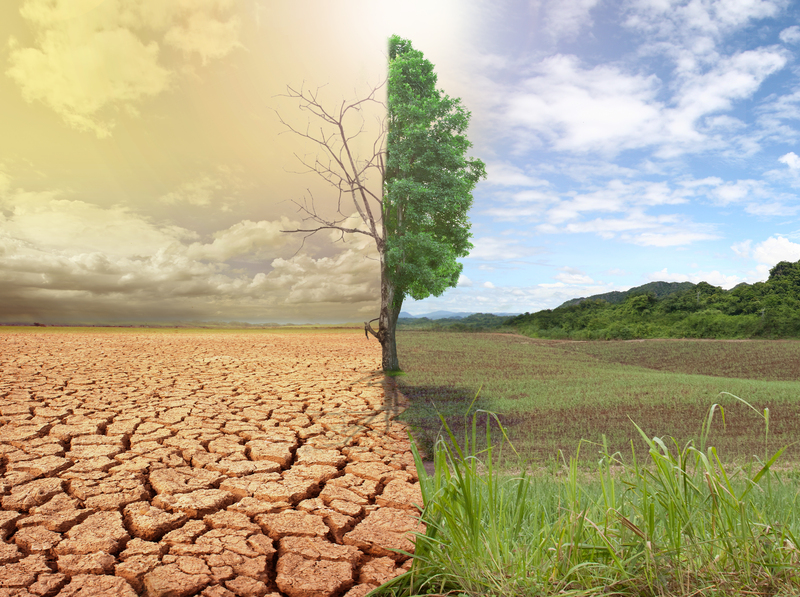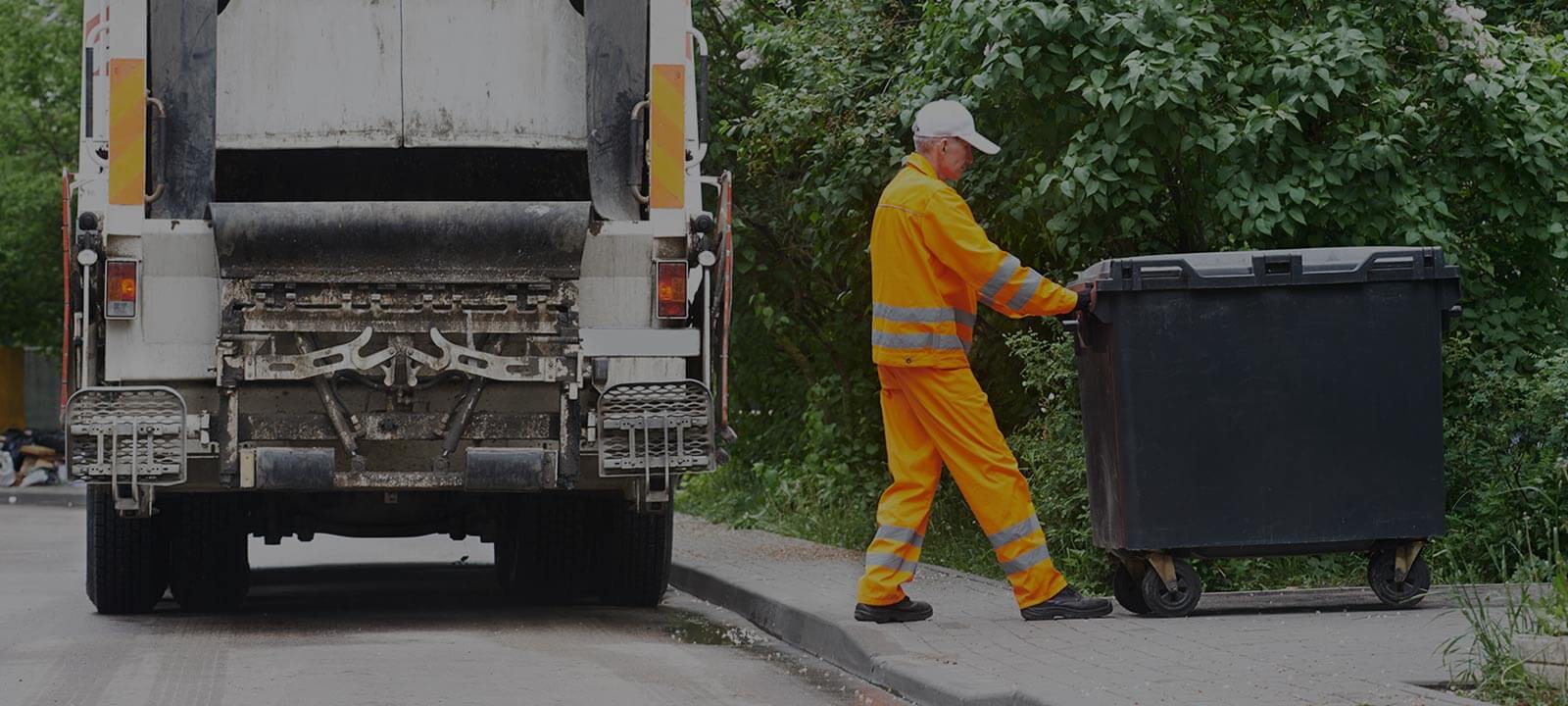Disposing of Surplus Home Refuse
Posted on 17/05/2025
Managing household waste effectively is an essential component of maintaining a clean, healthy, and environmentally friendly living space. With the increasing awareness of environmental sustainability, knowing how to properly dispose of surplus home refuse has never been more important. This guide will provide valuable insights and tips for homeowners looking to optimize their waste disposal practices.
Understanding Types of Household Waste
Before diving into disposal methods, it's important to understand the different types of household waste. Waste can generally be categorized into the following types:
- Organic Waste: This includes food scraps, yard trimmings, and other biodegradable materials.
- Recyclable Waste: Items like paper, cardboard, glass, plastics, and metals that can be processed and reused.
- Hazardous Waste: Products like batteries, chemicals, paints, and electronic waste that require special handling.
- General Waste: Items that do not fit into the other categories and are typically non-recyclable, non-hazardous materials.

Efficient Household Waste Management Strategies
Effective waste management begins with a clear plan. Here are some strategies to handle surplus home refuse:
1. Reduce and Reuse
One of the most effective ways to manage surplus refuse is by reducing the amount of waste generated. Here are some tips:
- Buy in Bulk: Purchase items in bulk to reduce packaging waste.
- Avoid Single-Use Plastics: Use reusable bags, containers, and bottles.
- Donate and Upcycle: Repurpose or donate items such as clothing or furniture instead of discarding them.
2. Recycling
Recycling is a critical component of waste management. Many household items can be recycled, including:
- Paper and Cardboard: Newspapers, magazines, and cardboard boxes.
- Glass: Bottles and jars.
- Plastic: Containers and bottles, check local guidelines for specifics.
- Metals: Aluminum cans, tin cans, and foil.
Check with your local recycling program for specific guidelines and sorting requirements.
3. Composting
Organic waste makes up a significant portion of household refuse. Composting transforms food scraps and yard waste into valuable fertilizer for gardens. Here's how to start composting:
- Choose a Compost Bin: Select a compost bin that fits your needs, whether an indoor container, outdoor bin, or a compost pile.
- Add Organic Material: Include a mix of greens (e.g., vegetable scraps, grass clippings) and browns (e.g., dry leaves, paper).
- Maintain the Pile: Turn the compost regularly and maintain moisture for optimal decomposition.
Special Handling for Hazardous Waste
Hazardous waste requires special treatment to avoid environmental contamination and health risks. Here's how to manage common hazardous materials:
1. Electronic Waste (E-waste)
Electronic waste includes items like televisions, computers, and mobile phones. These items often contain toxic materials like lead and mercury. Proper disposal methods include:
- Manufacturer Take-Back Programs: Many manufacturers offer take-back or recycling programs for their products.
- Local E-Waste Recycling Centers: Utilize local facilities specializing in e-waste recycling.
2. Household Chemicals
Products like cleaners, paints, and pesticides should not be thrown in regular trash due to their hazardous nature. Dispose of these materials through:
- Hazardous Waste Collection Events: Participate in community events specifically designed for hazardous waste collection.
- Special Drop-Off Sites: Locate and use designated drop-off sites for hazardous materials.
3. Medical Waste
Medical waste like needles, syringes, and medications need careful disposal. Strategies include:
- Sharps Disposal Containers: Use FDA-approved containers for needles and sharps, and drop them off at designated collection sites.
- Medication Take-Back Programs: Utilize pharmacy or community take-back programs for unused or expired medications.
Leveraging Community Resources
Many towns and cities offer resources and programs to assist residents with waste disposal. Take advantage of the following:
1. Local Recycling Programs
Participate in curbside recycling programs offered by your municipality. Ensure you are familiar with what materials are accepted and properly sort your recyclables.
2. Bulk Waste Collection
For large items such as furniture or appliances, use scheduled bulk waste collection services provided by your city. This ensures proper disposal and often includes recycling certain components.
3. Community Swap Meets and Donation Centers
Engage in community swap meets or visit donation centers to give unwanted items a second life. This reduces landfill waste and helps others in need.

Innovative Waste Disposal Technologies
As technology advances, innovative solutions for waste disposal are becoming available. Here are some cutting-edge methods to consider:
1. Waste-to-Energy (WTE)
Waste-to-energy technologies convert non-recyclable waste materials into usable energy through processes such as incineration, gasification, and anaerobic digestion. This method reduces landfill use and generates renewable energy.
2. Smart Waste Bins
Smart bins use sensors and software to monitor waste levels and optimize collection schedules. They can also sort and compact waste, making recycling and disposal more efficient.
3. Advanced Recycling Techniques
New recycling techniques, like chemical recycling, can break down materials at a molecular level, allowing for the recycling of previously non-recyclable plastics.
Conclusion
Properly disposing of surplus home refuse is crucial for maintaining a clean and healthy environment. By understanding the different types of waste, implementing effective management strategies, utilizing community resources, and embracing innovative technologies, you can significantly reduce your household's environmental impact. Stay informed about best practices and local programs to make responsible waste disposal a seamless part of your daily routine.
With a collective effort, we can all contribute to a more sustainable future by managing our household waste responsibly.
Latest Posts
Reusing for Resource Conservation
Industry applauds government's dedication to improving e-waste recycling practices






